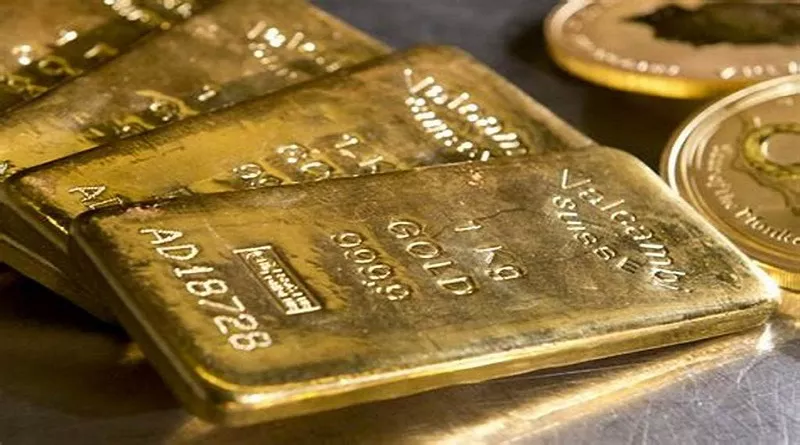Spot Gold ETFs, or exchange-traded funds, have become a popular choice for investors looking to gain exposure to the price of physical gold without the complexities of buying and storing the precious metal itself. These investment vehicles provide a convenient and cost-effective way to invest in gold. In this comprehensive guide, we will explore the ins and outs of investing in Spot Gold ETFs, covering everything from how they work to their advantages and risks. Additionally, we will address frequently asked questions to help you make informed investment decisions.
1. Understanding Spot Gold ETFs:
Spot Gold ETFs are financial instruments designed to track the price of physical gold. They are traded on major stock exchanges just like individual stocks, making them accessible to a wide range of investors. Here’s how they work:
Physical Backing: Spot Gold ETFs are backed by physical gold held in secure vaults. Each share of the ETF typically represents a fraction of an ounce of gold.
Tracking the Price: The ETF’s performance closely mirrors the movements in the spot price of gold. When the spot gold price rises, the ETF’s value tends to increase, and vice versa.
Liquidity and Transparency: Spot Gold ETFs offer high liquidity, allowing investors to buy or sell shares on stock exchanges throughout the trading day. They also provide real-time price transparency.
2. Advantages of Investing in Spot Gold ETFs:
Diversification: Gold is considered a diversification tool that can help reduce overall portfolio risk.
Liquidity: Spot Gold ETFs are highly liquid, offering ease of trading and access to your investment.
No Storage Hassles: You don’t need to worry about storing physical gold, which can be costly and pose security concerns.
Lower Costs: ETFs generally have lower expense ratios compared to actively managed mutual funds.
3. Risks and Considerations:
Price Volatility: The price of gold can be volatile, and ETFs directly reflect these price movements.
Expense Ratios: While ETFs have lower fees than many other investment vehicles, they still come with expense ratios that can impact your returns over time.
Counterparty Risk: Investors are exposed to the risk that the issuer of the ETF may encounter financial difficulties.
Taxation: Gains from the sale of Spot Gold ETFs may be subject to capital gains tax, depending on your jurisdiction and holding period.
FAQs About Investing in Spot Gold ETFs:
1. Are there different types of Spot Gold ETFs?
Yes, there are different types of Spot Gold ETFs, including physically backed ETFs, futures-based ETFs, and leveraged/inverse ETFs. Physically backed ETFs are the most common and directly hold physical gold.
2. How can I invest in Spot Gold ETFs?
To invest in Spot Gold ETFs, you’ll need a brokerage account. Simply search for the ETF you want to invest in, place an order like you would for a stock, and the ETF shares will be added to your portfolio.
3. Can I redeem Spot Gold ETF shares for physical gold?
Some ETFs offer redemption in the form of physical gold, but it’s typically available to large institutional investors rather than individual retail investors.
4. Are Spot Gold ETFs a good hedge against inflation?
Gold is often considered a hedge against inflation, and investing in Spot Gold ETFs can serve as an indirect way to protect your purchasing power during periods of rising inflation.
5. What are the tax implications of investing in Spot Gold ETFs?
Tax treatment varies by jurisdiction. In the United States, for example, gains from selling Spot Gold ETFs held for more than one year may be taxed at a lower capital gains rate.
Investing in Spot Gold ETFs can be an effective way to gain exposure to the price of gold, diversify your portfolio, and protect against economic uncertainty. However, like all investments, it’s essential to carefully consider your financial goals, risk tolerance, and investment horizon before incorporating Spot Gold ETFs into your portfolio. Additionally, staying informed about the specific ETF you choose and the associated fees is crucial to making sound investment decisions.

